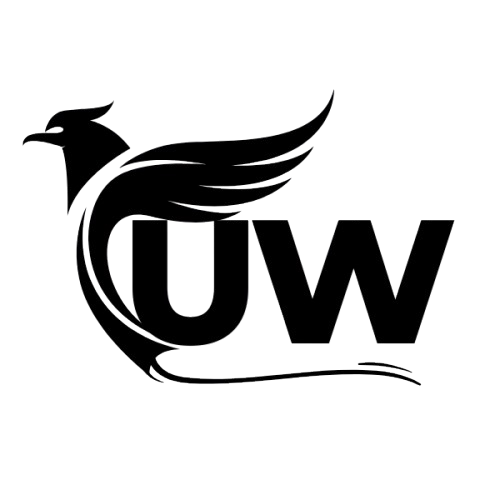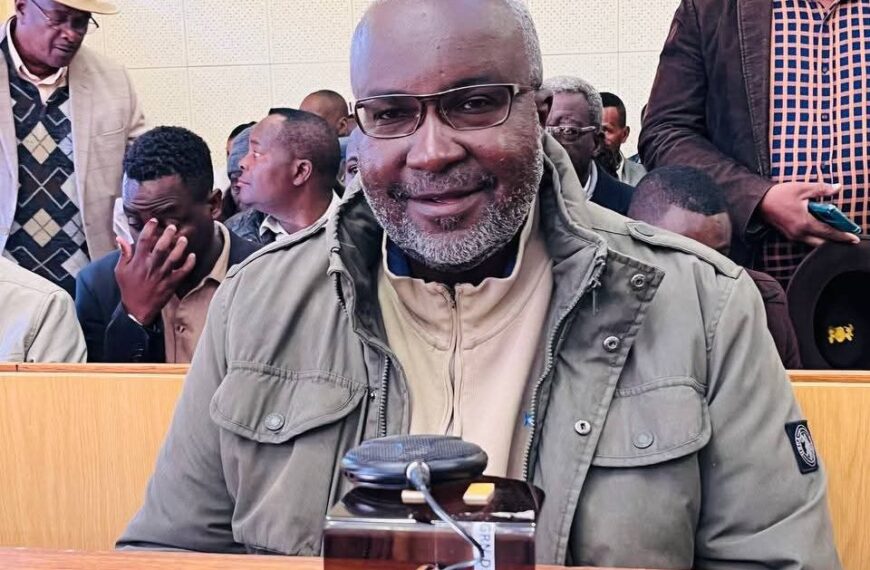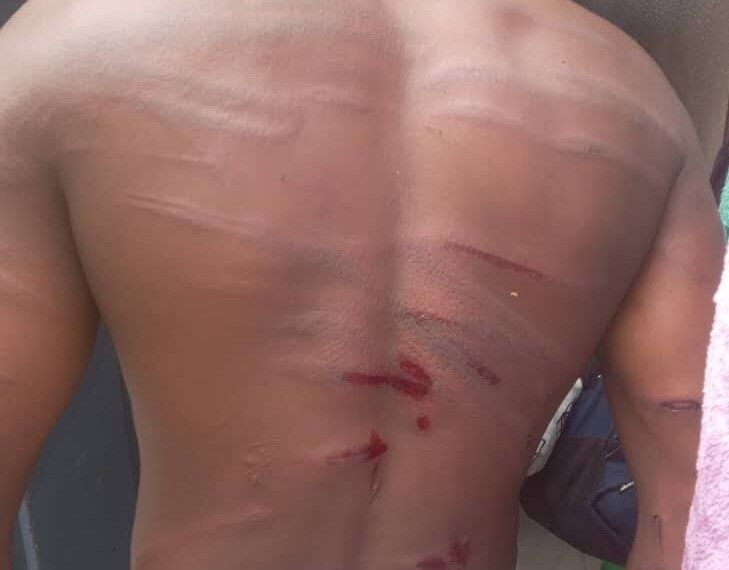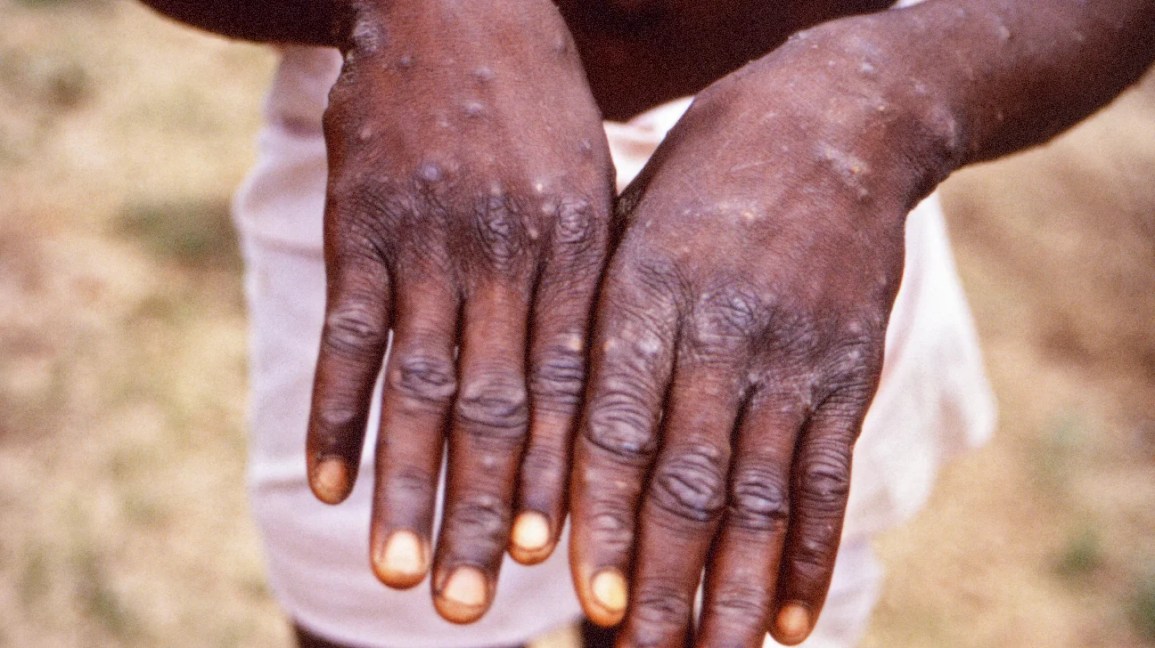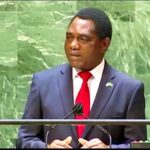
Serious questions are being raised after Fishrot accused Tamson Hatuikulipi was hospitalised in Windhoek last week, with sources alleging he may have been poisoned while in state custody.
Associates close to the high-profile detainee claim toxicology tests revealed “excessive substances” in his system. They insist the incident occurred shortly after he and fellow accused, former Fishcor chief executive Mike Nghipunya, purchased food from the correctional facility cafeteria. The exact nature of the substances has not been disclosed, leaving room for speculation about what Hatuikulipi may have ingested.
The timing and circumstances have triggered unease. Since the Covid-19 pandemic in 2020, inmates have been prohibited from receiving food from outside the prison. This restriction means Hatuikulipi’s only source of meals is the state-provided kitchen, making the poisoning claims particularly unsettling.
Despite these allegations, officials have dismissed the matter. Namibia Correctional Service commissioner general, Raphael Hamunyela, said he was unaware of any poisoning and firmly denied any wrongdoing by prison authorities.
“We have never poisoned anybody. He was admitted last week, but the reason for his hospitalisation can only be confirmed by doctors,” Hamunyela told reporters.
Hatuikulipi’s lawyer, Mbanga Siyomunji, also attempted to calm speculation, describing the matter as “normal food poisoning” and assuring the public that his client is recovering. His family, too, confirmed the hospitalisation but rejected suggestions of foul play.
Yet, the narrative is far from settled. The correctional facility operates an internal outlet known as The Shop, where inmates can buy toiletries, but food from the cafeteria is generally reserved for service members. How Hatuikulipi and Nghipunya obtained their meals from the canteen — and whether this food was contaminated — remains an unanswered question.
This is not the first time a Fishrot accused has required medical attention during detention, raising concerns about the conditions in which these high-profile suspects are held. With Hatuikulipi’s case already dominating Namibia’s largest corruption scandal, the shadow of possible poisoning adds a troubling new dimension.
For now, no medical report confirming or denying the poisoning allegations has been made public, leaving the truth hidden behind conflicting statements, secrecy, and speculation.

